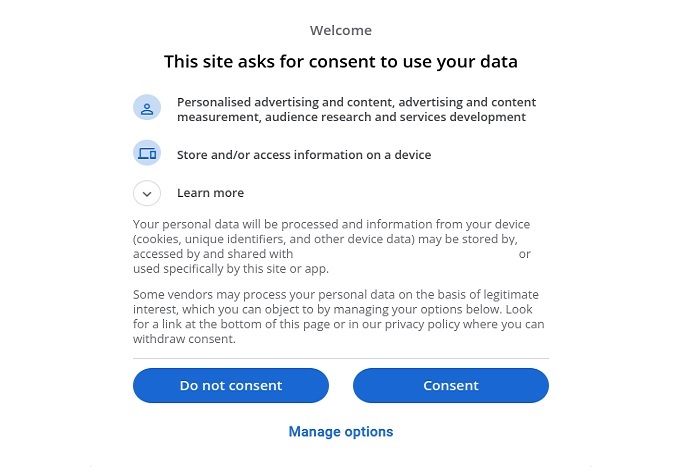Resources
Privacy for Sale: Navigating the ‘Consent or Pay’ Dilemma in the Digital Age

- Personal data has become a valuable commodity, leading to ethical debates about online privacy and the “consent or pay” model.
- Websites offer users a choice between paying for ad-free access or allowing tracking for targeted ads, raising concerns about freely-given consent.
- Privacy advocates argue for privacy as a fundamental right, while businesses push for it as a service, with regulations still evolving on the issue.
In today’s digital age, personal information is becoming one of the most precious commodities. As we move around the broad internet world, we frequently leave a trail of personal information, much of which is gathered, analyzed, and monetized by numerous companies. This reality raises an important question: should we pay for internet privacy, or is it a fundamental human right?
The Value of Privacy in the Digital World
Privacy is a pillar of a free and democratic society, allowing people to express themselves without fear of repercussions or observation. In the digital age, privacy becomes even more important since it protects us against identity theft, financial fraud, and potential prejudice. In an increasingly interconnected world, maintaining our online privacy protects our autonomy and keeps us safe from exploitation.
The Business of Personal Data
Many prominent online businesses, including social media platforms, search engines, and even certain shopping sites, rely extensively on user data collection and analysis to earn money. This is frequently accomplished through targeted advertising and personalized content, which may appear advantageous on the surface. However, it raises ethical questions regarding the level of surveillance users face and how much control they have over their personal information. The exchange of free services for personal data has resulted in a robust data economy, but it has also fueled constant disputes over the cost to our privacy.
Hidden Costs of “Free” Services
The “freemium” model has gained popularity across the digital environment. While this approach provides free access to a service, consumers frequently inadvertently pay with their personal information. While free services are difficult to resist, many people are unaware that they are giving up privacy in return for convenience. The hidden expenses include data collecting, profiling, and the sale of user information to third parties.
The Emergence of Privacy-Focused Alternatives
In response to increased concerns about privacy, some companies have begun to offer privacy-focused services that prioritize security, such as encrypted chat, anonymous browsing, and secure file storage. However, these privacy-focused solutions frequently come at a cost. This has prompted a debate about whether privacy should be commodified or safeguarded as a fundamental right.
Should Privacy be a Paid Service?
The issue over whether privacy should be paid for or considered a fundamental right is multifaceted. On the one hand, privacy proponents believe that it is a fundamental human right that should be maintained for all people, regardless of their financial circumstances. They feel that pricing for privacy perpetuates inequality, as only those who can afford it can fully secure themselves online.
Others say that privacy, like other necessary services such as healthcare and education, should be paid for. Proponents of this position argue that charging for privacy services encourages businesses to invest in advanced privacy technologies and better secure customer data.
The Future of Online Privacy
As technology advances, the concept of online privacy is likely to adapt. New rules may emerge, technology improvements are likely to continue, and public attitudes toward privacy will shift in response. The way we negotiate these changes will decide the balance of privacy and profitability in the digital world.
The decision to pay for online privacy vs using free services that may jeopardize it is extremely personal. There is no definitive answer, but knowing the trade-offs is critical. Individuals who are better informed on the importance of their privacy and the business model of data collecting can make better decisions to protect themselves in the digital era.
Finally, the question remains: should privacy be commodified, or should it be a right that everyone has without financial constraints? The answer will have an impact on how we interact with technology and secure our digital selves.



















































